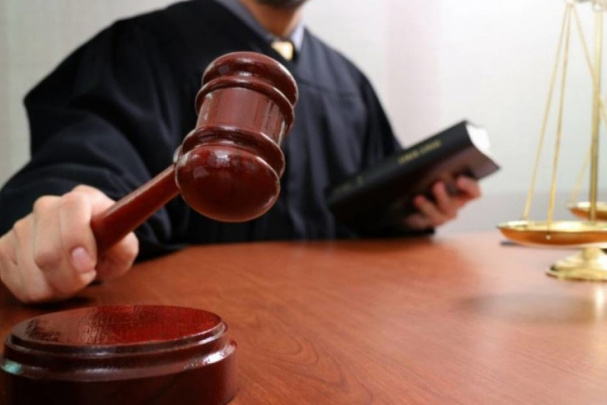Competition Committee warns airlines over artificial ticket shortages and price manipulation
The Committee for the Development of Competition and Protection of Consumer Rights has issued a warning to passenger airlines about potential legal consequences for creating artificial shortages of airline tickets.
In April, the Competition Committee submitted proposals aimed at improving competition in the air transportation market, optimizing airfare pricing, and creating equal conditions to attract private sector participation in passenger flights and aviation fuel supply – including for domestic routes.
Relevant ministries and agencies are currently implementing measures to stabilize ticket prices, attract private and foreign airlines, and enhance local air service by offering subsidies to domestic carriers on equal terms.
In May, the Cabinet of Ministers extended the program of special tariffs and subsidies for domestic flights—previously available only to Uzbekistan Airways – to all resident air carriers. A dedicated special commission will be responsible for approving the routes eligible for subsidies, setting ticket prices, and determining the subsidy amounts.
The Competition Committee also highlighted recent airfare reductions by Uzbekistan Airways and its subsidiary Silk Avia. These measures are expected to improve convenience for travelers, boost domestic tourism, and stimulate regional economic growth.
Additionally, the antimonopoly body stressed that if evidence emerges that airlines operating domestic or international flights engage in practices that violate competition rules or harm consumer interests – including deliberately withholding ticket sales – appropriate action will be taken under the law.
In February, airfares in Uzbekistan rose by 22.4%, with a year-on-year increase of 23.2%. The reasons behind the surge remain unclear.
In March, Uzbekistan Airways CEO Shukhrat Khudaykulov stated that the president had instructed the airline not to raise ticket prices and to maintain tighter oversight of fare-setting practices.
Related News

18:02 / 19.07.2025
Baby born aboard Uzbekistan Airways flight from Istanbul to Tashkent

16:12 / 19.07.2025
Uzbekistan sees steep decline in court acquittals in H1 2025

21:02 / 17.07.2025
Government approves one-time financial support for released prisoners

13:48 / 16.07.2025



